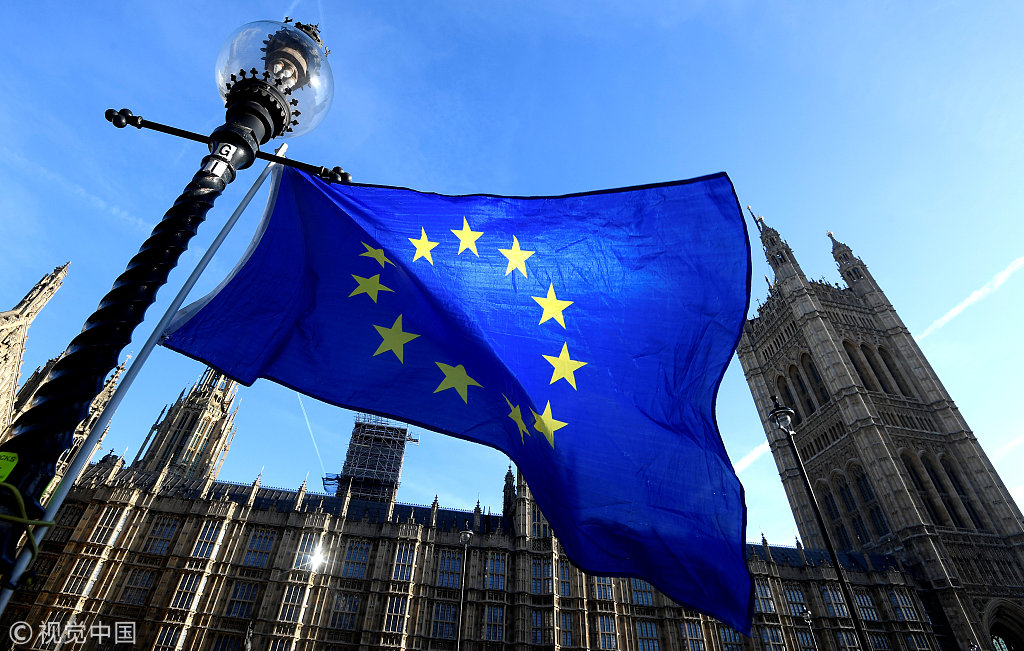EU increases Africa spending to help stem flow of migrants


In an attempt to reduce the number of migrants and refugees crossing the Mediterranean, the European Union is set to increase its spending in Africa by more than 20 percent over the next seven years to a minimum of 36 billion euros ($42 billion).
But reports funded by the EU say European efforts to stem the flow is characterised by misdirected finances, lack of accountability and repeated breaches of basic human rights, including an inability to undermine the business model of human trafficking, an industry worth as much as $46 billion.
The EU is to consider the idea of building migrant processing centers in north Africa in an attempt to deter people from making life-threatening journeys to Europe across the Mediterranean, according to a leaked document.
The draft conclusions of a major EU summit next week reveal that the European Council "supports the development of the concept of regional disembarkation platforms", the Guardian reported.
A study by the watchdog Eunpack reported on a "troubling lack of monitoring and impact evaluation schemes across most of the EU crisis response initiatives in Libya". It concludes: "The outsourcing of migration management to Libyan authorities and the dramatic increase in the number of people in custody in Libyan detention centres is fuelling a criminal economy of exploitation and traffic."
Similarly, a separate study of the EU's 144 million euro effort to build internal security in Niger and Mali, two countries bordering Libya, found little or slow progress.
Migration is one of the key issues to be discussed at the European Council summit which starts on June 28, when leaders from the 28 EU member states attempt to agree on a bloc-wide immigration policy.
More than 600,000 people have arrived in the EU by sea over the past five years.
Deep divisions on how to handle the issue were laid bare last week when Italy and Malta refused to take in a ship carrying 630 people rescued off the coast of Libya.
Politicians are scrambling for a new formula not just to distribute the people who have reached Europe but also to return those whose asylum claims are refused. The fate of mainstream social democratic and centrist parties in next spring's European elections may rest on the outcome.
Chancellor Angela Merkel of Germany and President Emmanuel Macron of France met on Tuesday to discuss how to better handle migration on the Continent.
Merkel's conservative Bavarian allies on Monday gave her two weeks to find a European solution to a migration row that has threatened to unravel her three-month old coalition government.

































